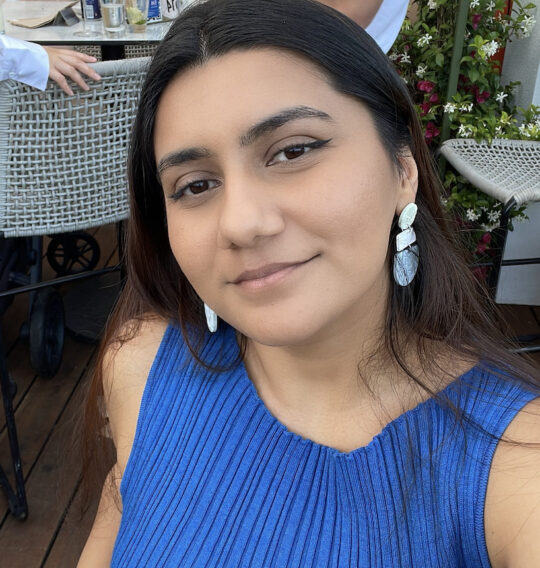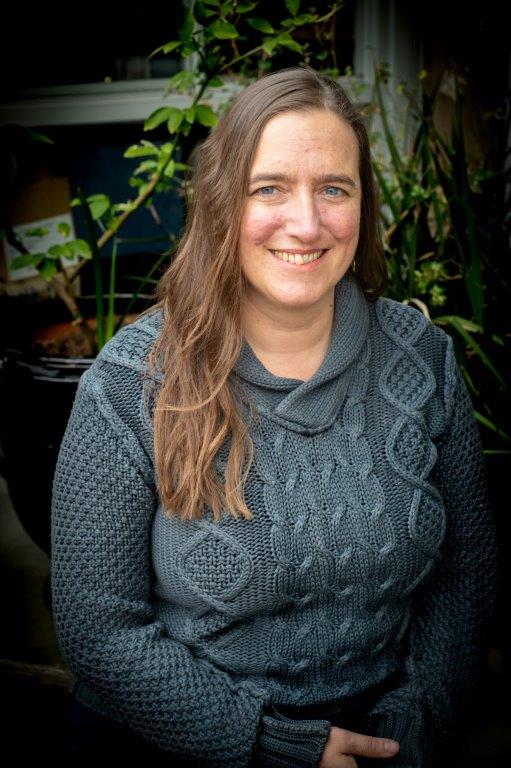
Colombia
Seeding Change: Semillas de Apego and Reaching Caregivers Impacted by Conflict in Colombia
- Status
- Completed Research
- Research Year
- 2023-24
Colombia, beset by persisting armed conflict, is home to the largest number of internally displaced people (IDPs) in the world and a primary host for Venezuelan migrants. At the heart of both crises are millions of young children forced to endure extreme violence and traumatic relocation. The developmental consequences of these adverse experiences, especially during early childhood, are dire, producing toxic levels of stress that affect brain architecture and mental health. These children’s families and caregivers remain at the epicentre of this developmental crisis, unable to provide sufficient and consistent support to their children as a result of intergenerational trauma. This population continues to remain underserved because of factors such as gender roles, educational barriers, geographic isolation, stigmatization, and socio-political instability, making them some of the most vulnerable and hard-to-reach groups.










